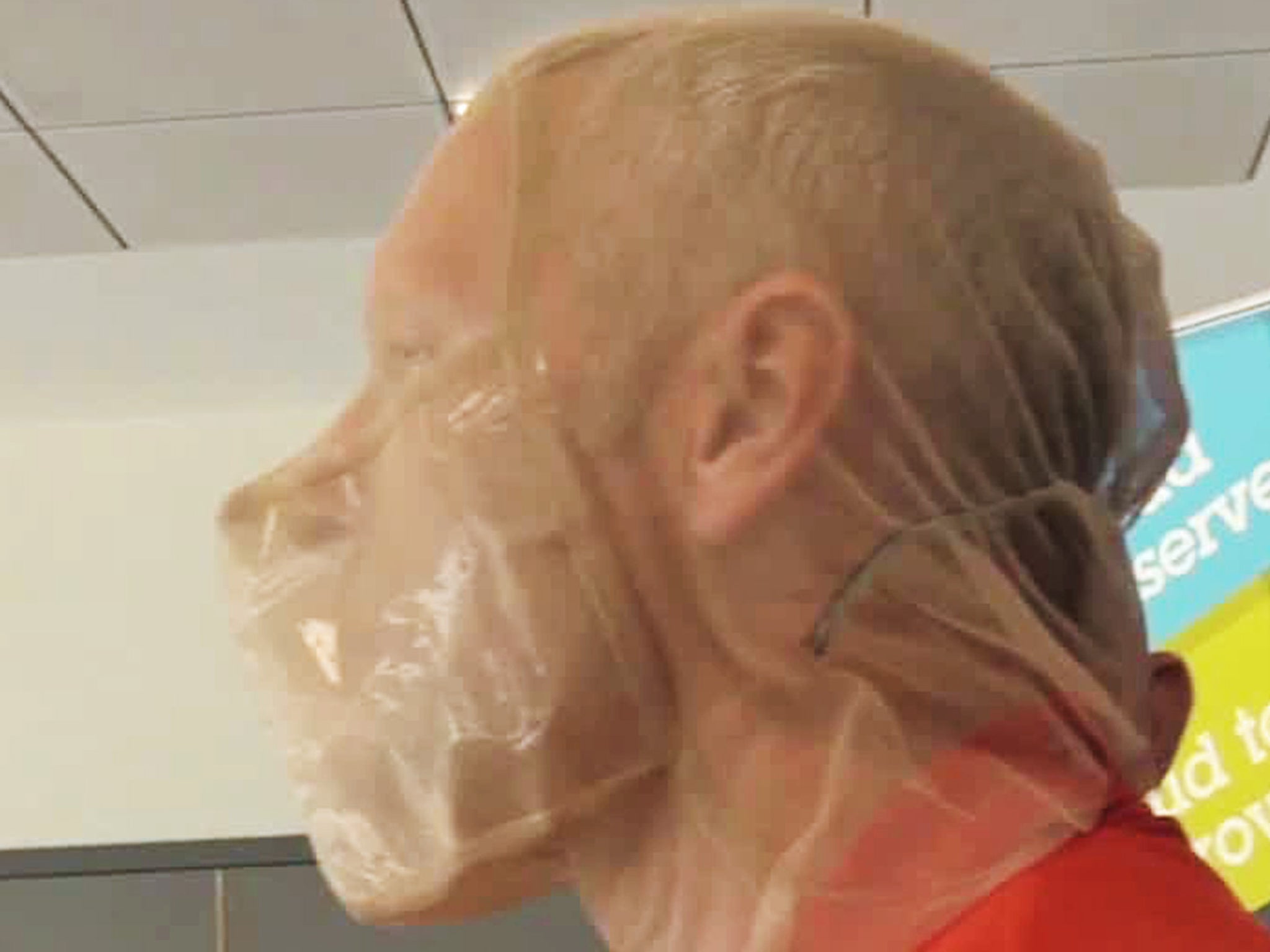Police could get 'a good kicking' if spit guards extended, Met chief says
Sajid Javid calls for hood to be rolled out across country

Police are more likely to get “a good kicking” if they use spit guards, Scotland Yard boss Cressida Dick has said.
The mesh hoods are used in Metropolitan Police custody suites around three times per week, but are not issued to Metropolitan Police officers on the beat, unlike those with British Transport Police on patrol in London.
They are designed to stop people from spitting or biting and Sajid Javid, the Home Secretary, had called for the hoods to be rolled out to police across the country.
In May he said it was “ridiculous” that the mesh hoods had not yet been taken on by all British forces.
“I cannot understand why any chief constable would put public perception before protecting police officers, I think it is plainly ridiculous,” he said to applause from the Police Federation conference in Birmingham.
But at a hearing of the London Assembly Police and Crime Committee, Ms Dick said deciding to use a guard in a custody suite, where several officers and supervisors are present, was different to its deployment on the beat.
She said: "There are several officers present in custody at any one time. There's always custody officers, plural, and there's always supervisors, plural, and there's always dedicated detention officers, plural.
"The environment in which the decision is being made - this person has spat or bitten and is in such a state they are likely to do this again and pose a threat to us - is a decision which is made in the relatively calm environment of the custody office with several people around."
Referring to videos that have circulated online of officers struggling to arrest suspects, she went on: "Those of you who have real concerns about the guard would say that when you put it on somebody's head it is potentially highly frightening and makes somebody feel very claustrophobic.
"It does create, in those who are looking at it being applied, a sense that this is an oppressive thing to do.
"When you look at some of those violent videos that you have seen, if you imagine the officer struggling also to put the spit guard on the head while trying to restrain somebody, it would be probably impossible and more likely to get them a good kicking."
The Metropolitan Police Federation, which represents officers from the rank of constable to chief inspector, wants the guards made available and is asking members to log all incidents where they are spit at or bitten.
The guards, used by 37 forces in England and Wales, have been criticised by human rights groups including Amnesty International, which called them "a cruel and dangerous form of restraint".
Ms Dick told committee members: "I am waiting for the evidence on what's happening in other forces and the evidence from the federation and others on the prevalence of instances in which it would actually have helped.
"In the vast majority of instances it wouldn't have helped at all because you don't know it's going to happen."
Conservative member Susan Hall told the hearing there were 40,000 people with hepatitis C in London, and officers are put through an ordeal waiting to hear if they have contracted an illness.
She said: "Their families and their loved ones go through absolute hell wondering if they have contracted hepatitis C.
"I cannot understand why we don't supply spit guards to the frontline officers. Even if it saves one officer from getting hepatitis C or something else, in my view it would be worth it."
Agencies contributed to this report
Join our commenting forum
Join thought-provoking conversations, follow other Independent readers and see their replies
Comments
Bookmark popover
Removed from bookmarks